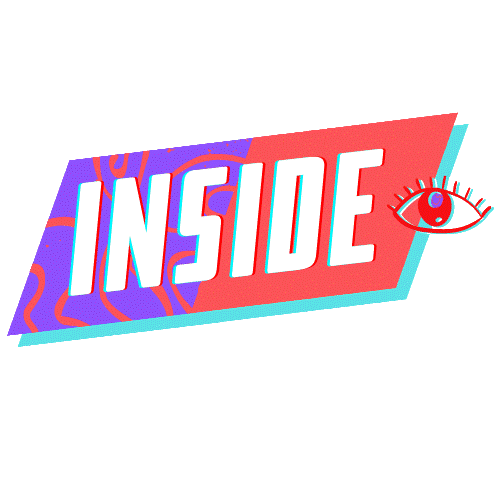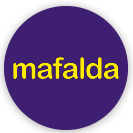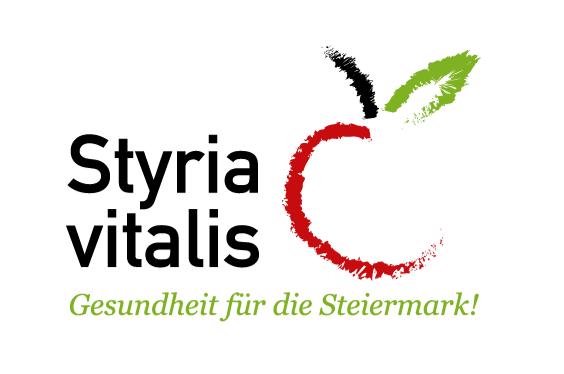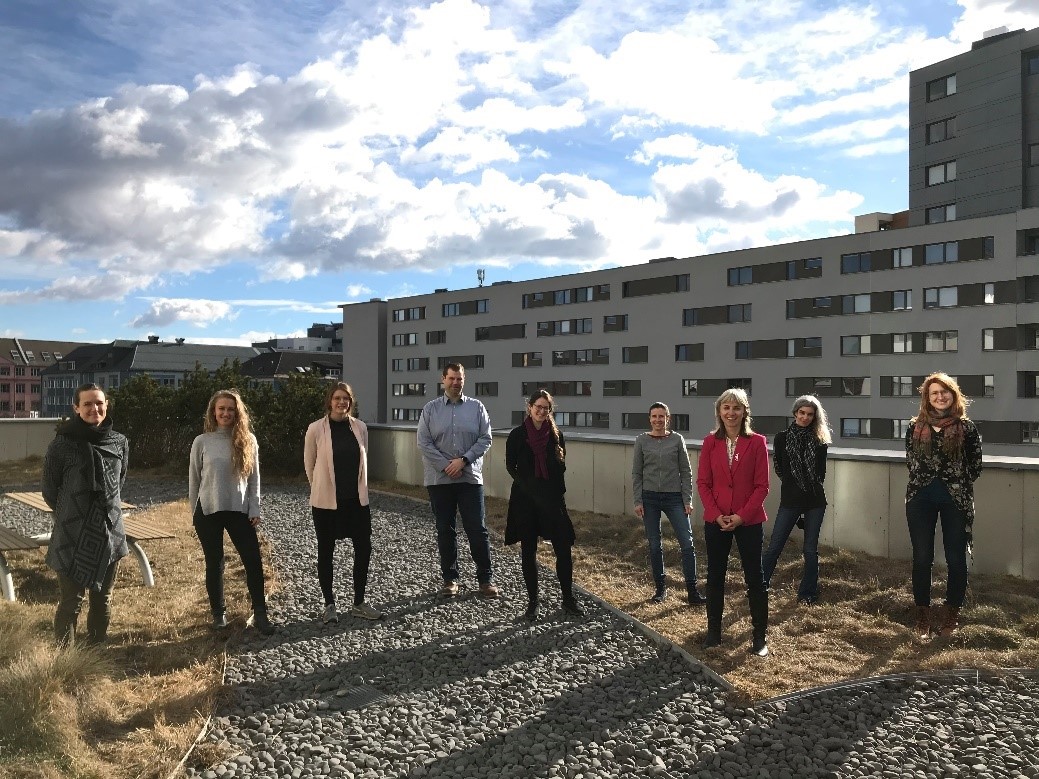Project background
Social media is an integral part of the everyday lives of young people and plays a significant role in the formation of their own identity. According to Saferinternet.at, the most popular social networks among 11-17 year olds in Austria in 2021 were WhatsApp (98 percent), YouTube (93 percent), Instagram (84 percent) and Snapchat (75 percent). Research into this issue has revealed the potential negative impact of social media on body image.
Posting and viewing photos is considered particularly significant in relation to one’s perceived body image and the emergence of eating disorders (Tiggemann & Anderberg 2020). The frequent use of social media and possibility of interacting with peers, may change the perception of body image among girls in particular (Götz & Prommer 2020). Use of social media can be associated with greater body dissatisfaction, increased dieting, more consumption of healthy foods and overeating (Rounsefell, 2020). One such example is provided by TikTok, where advertising of weight loss and diet products is currently banned in order to tackle the stigmatisation of weight.
Social media empowerment in the context of young people’s health
Aims of the project
The primary goals of the project are to increase awareness and promote critical analysis of prejudices, beauty ideals, nutrition and body norms with a focus on social media (empowerment) for young people and multipliers in open youth work. Workshops relating to the topics of social media and body perception will be offered at the JA.M Mädchenzentrum Mafalda in Graz.
The participatory approach plays a major role here. Girls decide for themselves what content they want to discuss and address. They will also have access to targeted training content, enabling them to provide information and/or advice to their peers. Building on this, an online continuing education course on ‘Social Media / Body Perception / Body Neutrality’ will be compiled and made available for multipliers in open youth work across Austria.
Settings and target groups
The project team focuses on young women aged 12-21 years and multipliers working in open youth work with adolescents, girls and boys (NEETS, i.e. Not in Education, Employment or Training).
















